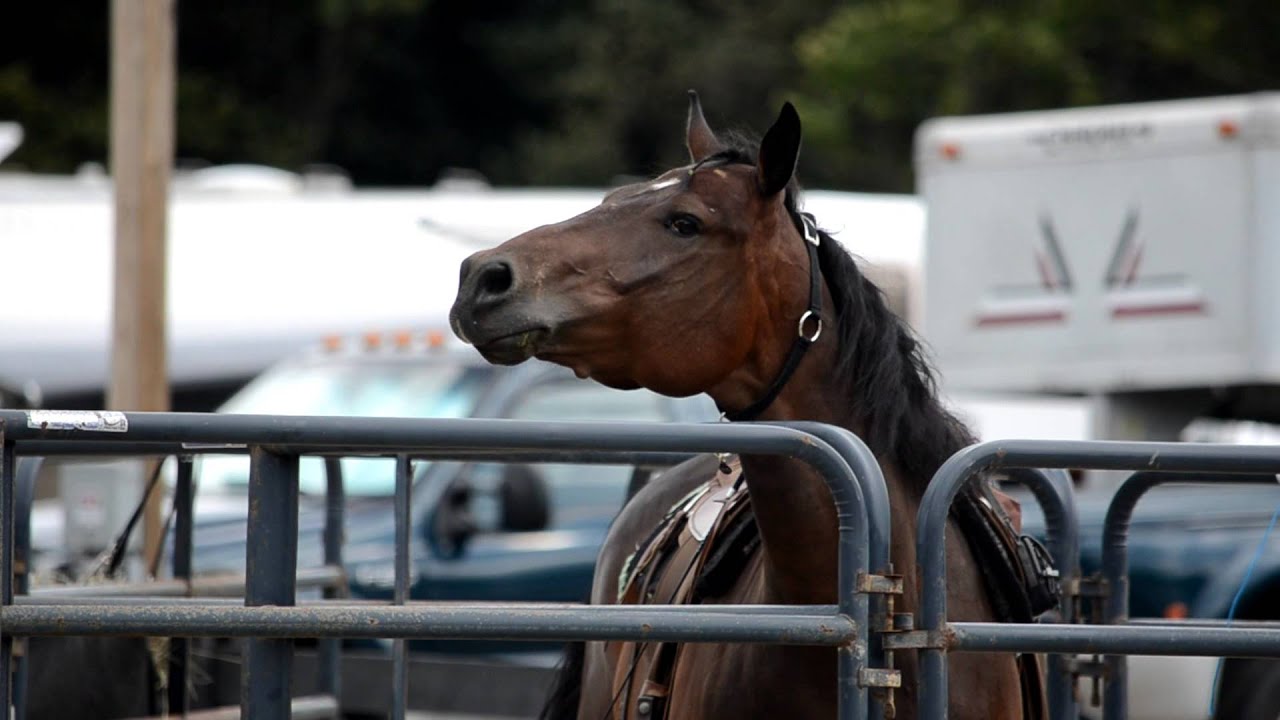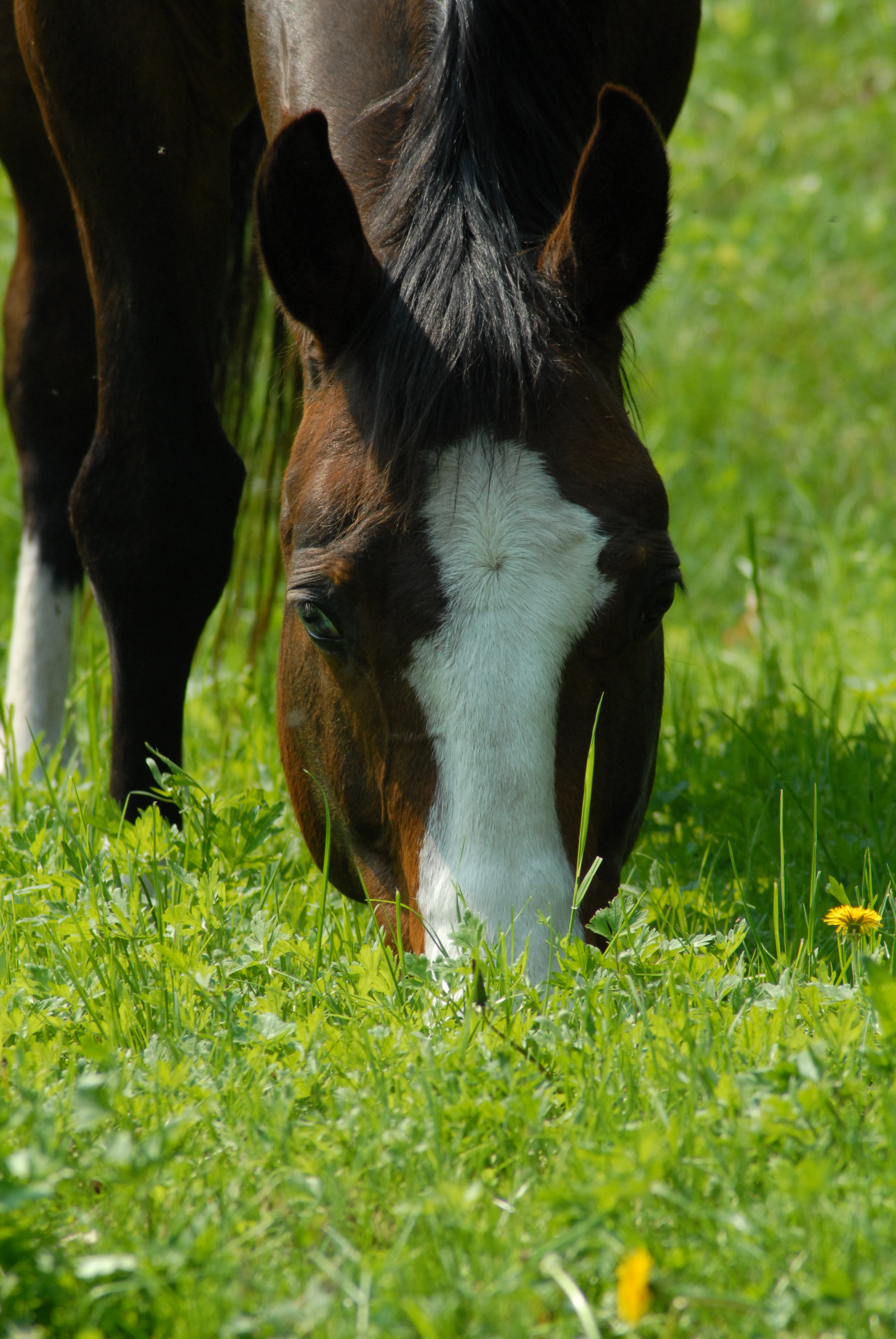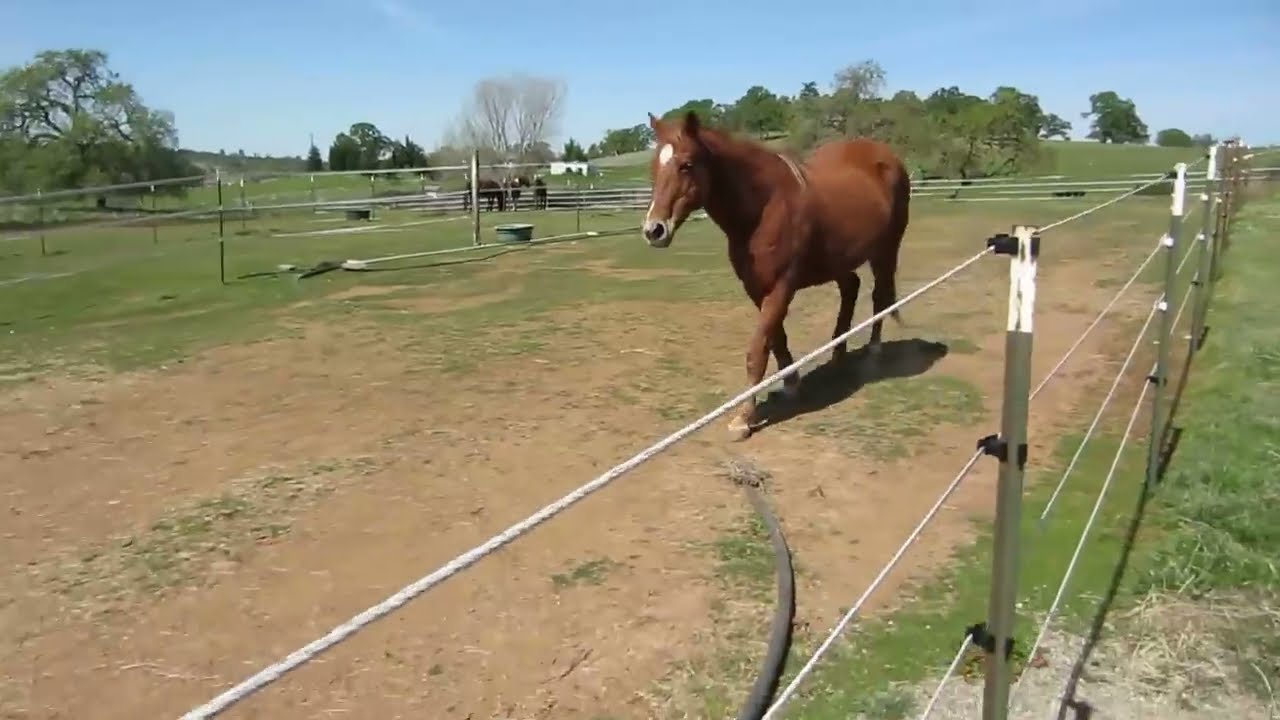Horses are magnificent creatures that have been domesticated for centuries and have played a vital role in human history. They are known for their strength, grace, and beauty, but one of the most distinctive sounds associated with horses is their whinny. This high-pitched neighing sound can be heard from miles away and is often used in popular media to signify the presence of a horse. But why do horses whinny? In this article, we will explore the reasons behind this unique vocalization and its significance in the equine world. https://hearttohorses.com
Seemore: Can Horses Eat Grapes? – All Important Things You Should Know
Contents
The Science Behind Horse Whinnies
What is a Whinny?
A whinny is a vocalization made by horses, characterized by a series of high-pitched notes. It is often described as a combination of a neigh and a nicker, with a distinct rising pitch at the end. This vocalization is mainly produced by adult horses, both male and female, and can vary in intensity and duration depending on the situation. Whinnies can also be accompanied by other body language cues such as head bobbing or stomping to convey different messages.
The Purpose of Whinnies
Whinnies serve various purposes in the equine world, and it is believed that they are primarily used for communication. Horses are social animals that live in herds, and vocalizations play a crucial role in maintaining social bonds and hierarchies within the group. Whinnies can convey information about a horse’s emotional state, location, and identity, making them an essential form of non-verbal communication among horses.
Another purpose of whinnies is to gather and reunite herd members. In the wild, horses use their whinnies to locate each other when they are out of sight. Similarly, domesticated horses often whinny to call out to their pasture mates when they are separated or to signal their presence to other horses in the area.

The Role of Whinnies in Horse Behavior
Emotional Expression
Whinnies can also be a way for horses to express their emotions. Horses who are feeling happy and relaxed may whinny as a sign of contentment, whereas horses in distress may produce longer, more intense whinnies to seek help from their herd members. Studies have shown that whinnies produced during play or grooming sessions have different acoustic properties compared to those produced when a horse is in pain or danger.
Influence of Gender
One interesting aspect of horse whinnies is the difference in pitch between male and female horses. Stallions tend to produce deeper, lower-pitched whinnies compared to mares, which have a higher and more varied pitch range. This difference may serve to attract potential mates or establish dominance within a group.
Furthermore, studies have found that foals (baby horses) preferentially respond to their mother’s whinnies over those of other females, suggesting that there may be individual vocal signatures that horses use to identify each other.
Environmental Factors That Affect Horse Whinnies
Herd Dynamics
As mentioned earlier, horses are social animals that live in complex hierarchical structures. The dynamics of a herd can greatly influence how and when horses produce whinnies. For example, dominant horses may produce more whinnies to assert their dominance, while subordinate horses may produce fewer whinnies to avoid confrontation with their leaders.
Moreover, the size of the herd can also affect the frequency of whinnies. In smaller herds, there may be more opportunities for face-to-face interactions, leading to more whinnies being exchanged. In contrast, larger herds may rely more on long-distance whinnies to communicate due to the increased distance between individuals.
Stress and Emotional State
Just like humans, horses can also experience stress and have different emotional states. Studies have shown that horses in stressful situations, such as being separated from their herd or living in a confined space, produce more whinnies compared to horses in less stressful conditions. Furthermore, individual horses may also vary in their propensity to produce whinnies, with some being more vocal than others.

FAQs
What is the difference between a whinny and a neigh?
A whinny is a high-pitched vocalization made by horses, characterized by a series of notes, whereas a neigh is a loud, abrupt sound that often indicates excitement or surprise.
Do all horses whinny?
Yes, all adult horses are capable of producing whinnies, but the frequency and intensity may vary depending on the individual and the situation.
Can horses understand each other’s whinnies?
There is evidence that horses can recognize individual whinnies and use them to identify their herd members, but further research is needed to fully understand the extent of their communication abilities.
Can humans imitate horse whinnies?
It is possible for humans to mimic horse whinnies, but the exact pitch and tone may be difficult to replicate accurately.
Are there any health concerns associated with excessive whinnying?
Excessive whinnying can indicate underlying health issues such as pain, separation anxiety, or respiratory problems. If your horse is whinnying excessively, it is best to consult a veterinarian.

Conclusion

In conclusion, there are many reasons why horses whinny, including communication, emotional expression, and environmental factors. Whinnies play an important role in maintaining social bonds and hierarchies within horse herds. As horse owners and enthusiasts, understanding the significance of whinnies can help us better communicate with these magnificent animals and strengthen our bond with them.
